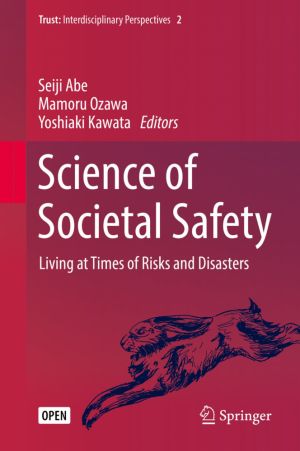
This book covers comprehensive but fundamental principles and concepts of disaster and accident prevention and mitigation, countermeasures, and recovery from disasters or accidents including treatment and care of the victims. Safety and security problems in our society involve not only engineering but also social, legal, economic, cultural, and psy...
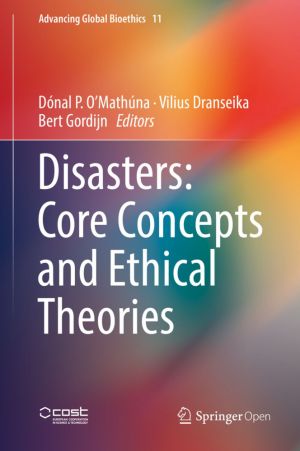
This book is the first to examine disasters from a multidisciplinary perspective. Justification of actions in the face of disasters requires recourse both to conceptual analysis and ethical traditions. Part 1 of the book contains chapters on how disasters are conceptualized in different academic disciplines relevant to disasters. Part 2 has chapter...
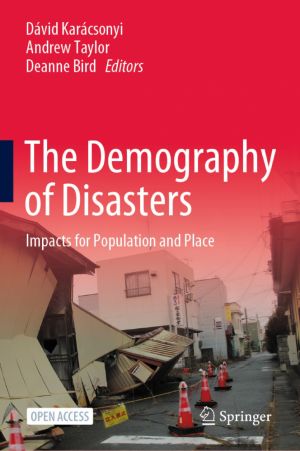
This open book provides worldwide examples demonstrating the importance of the interplay between demography and disasters in regions and spatially. It marks an advance in practical and theoretical insights for understanding the role of demography in planning for and mitigating impacts from disasters in developed nations.
Both slow onset (like the ...
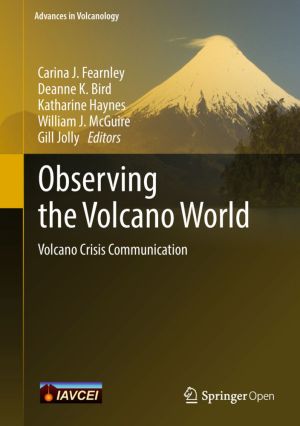
This book provides a comprehensive overview of volcanic crisis research, the goal being to establish ways of successfully applying volcanology in practice and to identify areas that need to be addressed for future progress. It shows how volcano crises are managed in practice, and helps to establish best practices. Consequently the book brings toge...
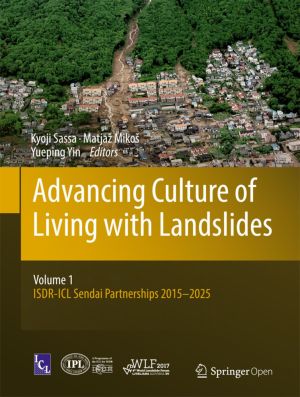
This volume contains peer-reviewed papers from the Fourth World Landslide Forum organized by the International Consortium on Landslides (ICL), the Global Promotion Committee of the International Programme on Landslides (IPL), University of Ljubljana (UL) and Geological Survey of Slovenia in Ljubljana, Slovenia from May 29 to June 2, 2017. The compl...
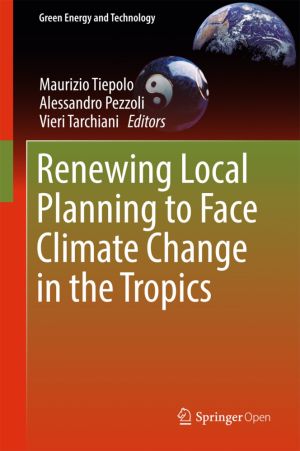
This book aims to inspire decision makers and practitioners to change their approach to climate planning in the tropics through the application of modern technologies for characterizing local climate and tracking vulnerability and risk, and using decision-making tools. Drawing on 16 case studies conducted mainly in the Caribbean, Central America, W...
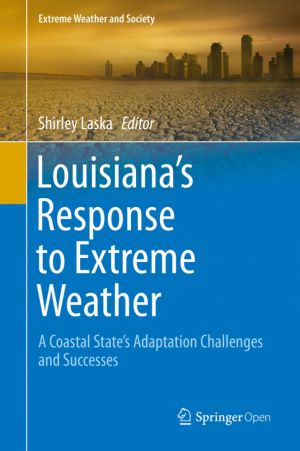
This book takes an in-depth look at Louisiana as a state which is ahead of the curve in terms of extreme weather events, both in frequency and magnitude, and in its responses to these challenges including recovery and enhancement of resiliency.Louisiana faced a major tropical catastrophe in the 21st century, and experiences the fastest rising sea l...
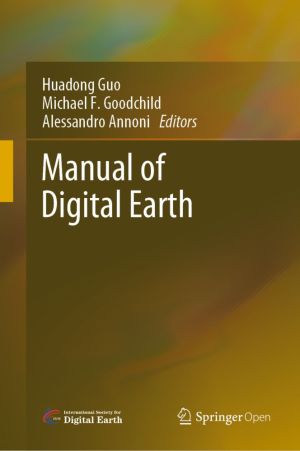
This open access book offers a summary of the development of Digital Earth over the past twenty years. By reviewing the initial vision of Digital Earth, the evolution of that vision, the relevant key technologies, and the role of Digital Earth in helping people respond to global challenges, this publication reveals how and why Digital Earth is beco...
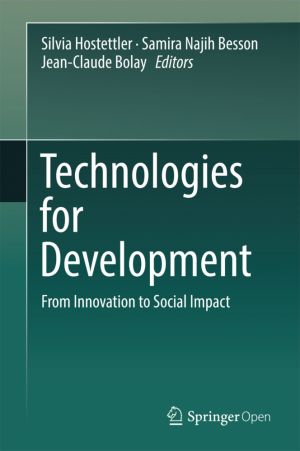
This book presents 18 case studies that explore current scientific and technological efforts to address global development issues, such as poverty, from a holistic and interdisciplinary point of view, putting actual impacts at the centre of its analysis. It illustrates the use of technologies for development in various fields of research, such as h...
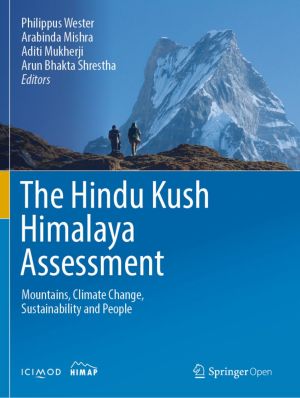
This open access volume is the first comprehensive assessment of the Hindu Kush Himalaya (HKH) region. It comprises important scientific research on the social, economic, and environmental pillars of sustainable mountain development and will serve as a basis for evidence-based decision-making to safeguard the environment and advance people's w...

This book summarizes the results of 3 years of agricultural and forestry reconstructive efforts and applied research conducted directly in the affected areas of Fukushima following the Great East Japan Earthquake. It describes fast and effective revival methods and technologies from tsunami and radiation damages, demonstrated through the collaborat...
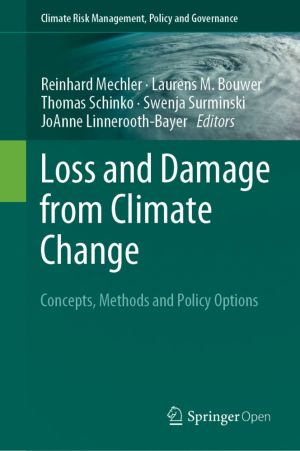
This book provides an authoritative insight on the Loss and Damage discourse by highlighting state-of-the-art research and policy linked to this discourse and articulating its multiple concepts, principles and methods. Written by leading researchers and practitioners, it identifies practical and evidence-based policy options to inform the discourse...
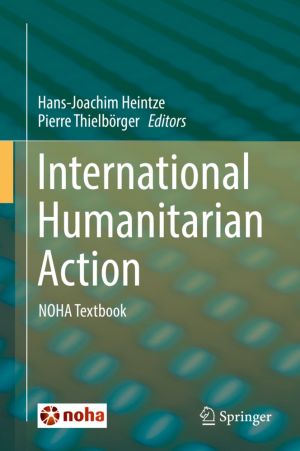
This textbook examines a wide range of humanitarian action issues in five parts, presented by specialists from different academic fields. The respective parts reflect the five core modules of the International NOHA Joint Master’s Programme “International Humanitarian Action”: a) World Politics, b) International Law, c) Public Health, d) Anthr...

This open book provides a theoretical framework and case studies on decision science for regional sustainability by integrating the natural and social sciences. The cases discussed include solution-oriented transdisciplinary studies on the environment, disasters, health, governance and human cooperation. Based on these case studies and comprehensiv...

Site reliability engineering (SRE) is more relevant than ever. Knowing how to keep systems reliable has become a critical skill. With this practical book, newcomers and old hats alike will explore a broad range of conversations happening in SRE. You'll get actionable advice on several topics, including how to adopt SRE, why SLOs matter, when y...
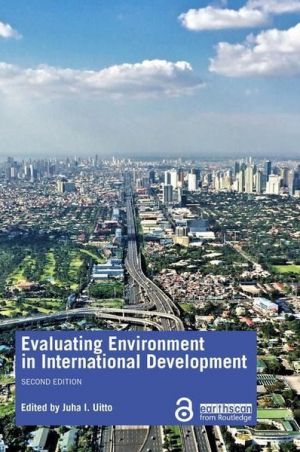
This book provides novel and in-depth perspectives on evaluating environment and sustainability issues in developing countries. Evaluating Environment in International Development focuses on the approaches and experiences of leading international organizations, not-for-profits, and multilateral and bilateral aid agencies to illustrate how systemati...

This book overviews environmental issues 4 years after the Fukushima nuclear accident, covering a wide range of areas related to radiation and radioactivity. The topics discussed are necessary to make clear the relationship between the results of research and Fukushima's revitalized future. The chapters are divided into four parts: Part 1 pres...

We are not free from environmental risks that accompany the development of human societies. Modern economic development has accelerated environmental pollution, caused loss of natural habitats, and modified landscapes. These environmental changes have impacted natural systems: water and heat circulation, nutrient cycling, and biodiversity. These ch...
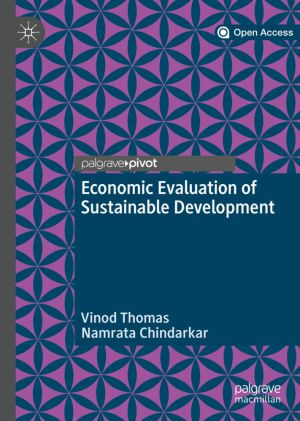
This book presents methods to evaluate sustainable development using economic tools. The focus on sustainable development takes the reader beyond economic growth to encompass inclusion, environmental stewardship and good governance. Sustainable Development Goals (SDGs) provide a framework for outcomes. In illustrating the SDGs, the book employs thr...
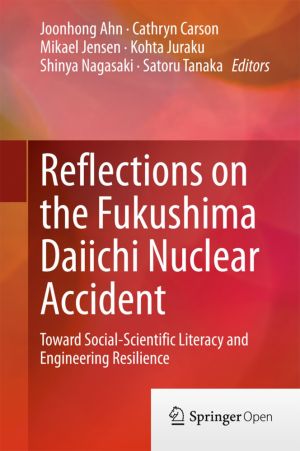
This book focuses on nuclear engineering education in the post-Fukushima era. It was edited by the organizers of the summer school held in August 2011 in University of California, Berkeley, as part of a collaborative program between the University of Tokyo and UC Berkeley. Motivated by the particular relevance and importance of social-scientific ap...
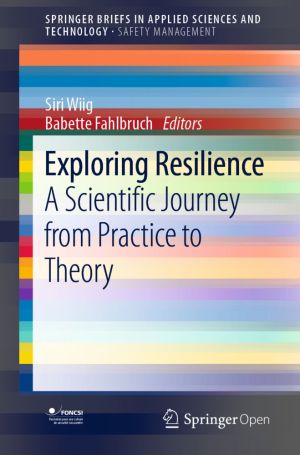
Resilience has become an important topic on the safety research agenda and in organizational practice. Most empirical work on resilience has been descriptive, identifying characteristics of work and organizing activity which allow organizations to cope with unexpected situations. Fewer studies have developed testable models and theories that can be...
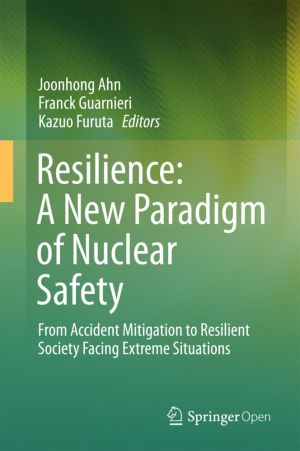
This book summarizes presentations and discussions from the two-day international workshop held at UC Berkeley in March 2015, and derives questions to be addressed in multi-disciplinary research toward a new paradigm of nuclear safety. The consequences of the Fukushima Daiichi nuclear accident in March 2011 have fuelled the debate on nuclear safet...

This book presents up-to-date information about museums and museology in present-day Asia, focusing on Japan, Mongolia, Myanmar, and Thailand.Asian countries today have developed or are developing their own museology and museums, which are not simple copies of European or North American models. This book provides readers with carefully chosen examp...

This book explores the implications of acknowledging uncertainty and black swans for regulation of high-hazard technologies, for stakeholder acceptability of potentially hazardous activities and for risk governance. The conventional approach to risk assessment, which combines the likelihood of an event and the severity of its consequences, is poorl...

This book collects 4 keynote and 15 theme lectures presented at the 2nd European Conference on Earthquake Engineering and Seismology (2ECEES), held in Istanbul, Turkey, from August 24 to 29, 2014. The conference was organized by the Turkish Earthquake Foundation - Earthquake Engineering Committee and Prime Ministry, Disaster and Emergency Managemen...

This book offers both conceptual and empirical descriptions of how to "frame" sustainability challenges. It defines "framing" in the context of sustainability science as the process of identifying subjects, setting boundaries, and defining problems. The chapters are grouped into two sections: a conceptual section and a case sect...
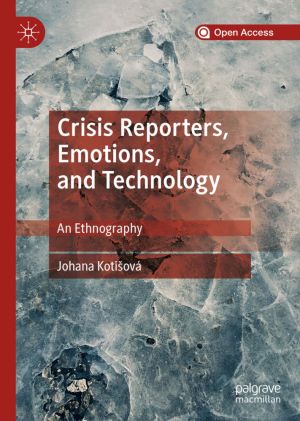
This book explores the emotional labour of crisis reporters in an original style that combines fictional and factual narrative. Exploring how journalists make sense of their emotional experience and development in relation to their professional ideology, it illustrates how media professionals learn to think and act within crisis situations. Drawing...

This free book summarizes the latest scientific findings regarding the biological effects of the Fukushima Daiichi Nuclear Power Plant (FNPP) accident in 2011.
Various cases of changes in animals and organisms have been reported since the FNPP accident. However, it is often unknown whether they are actually due to radiation, since the dose or dos...
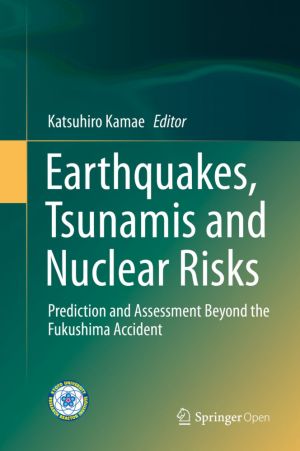
This book covers seismic probabilistic risk assessment (S-PRA) and related studies which have become more important to increase the safety of nuclear facilities against earthquakes and tsunamis in the face of the many uncertainties after the Fukushima accident. The topics are (1) Active faults and active tectonics important for seismic hazard asses...
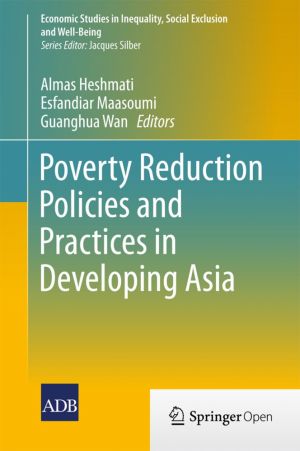
This book looks at the major policy challenges facing developing Asia and how the region sustains rapid economic growth to reduce multidimensional poverty through socially inclusive and environmentally sustainable measures. Asia is facing many challenges arising from population growth, rapid urbanization, provision of services, climate change and t...

This book collects 5 keynote and 15 theme lectures presented at the 2nd European Conference on Earthquake Engineering and Seismology (2ECEES), held in Istanbul, Turkey, from August 24 to 29, 2014. The conference was organized by the Turkish Earthquake Foundation - Earthquake Engineering Committee and Prime Ministry, Disaster and Emergency Managemen...
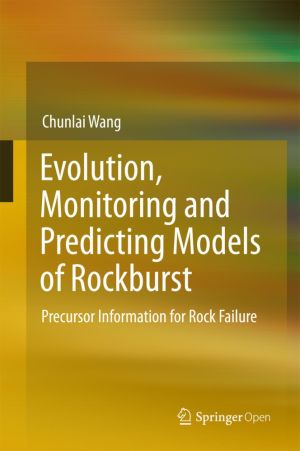
This open book focuses on investigating predicting precursor information and key points of rockburst in mining engineering through laboratory experiment, theoretical analysis, numerical simulation and case studies. Understanding the evolution patterns for the microstructure instability of rock is a prerequisite for rockburst prediction. The book pr...
